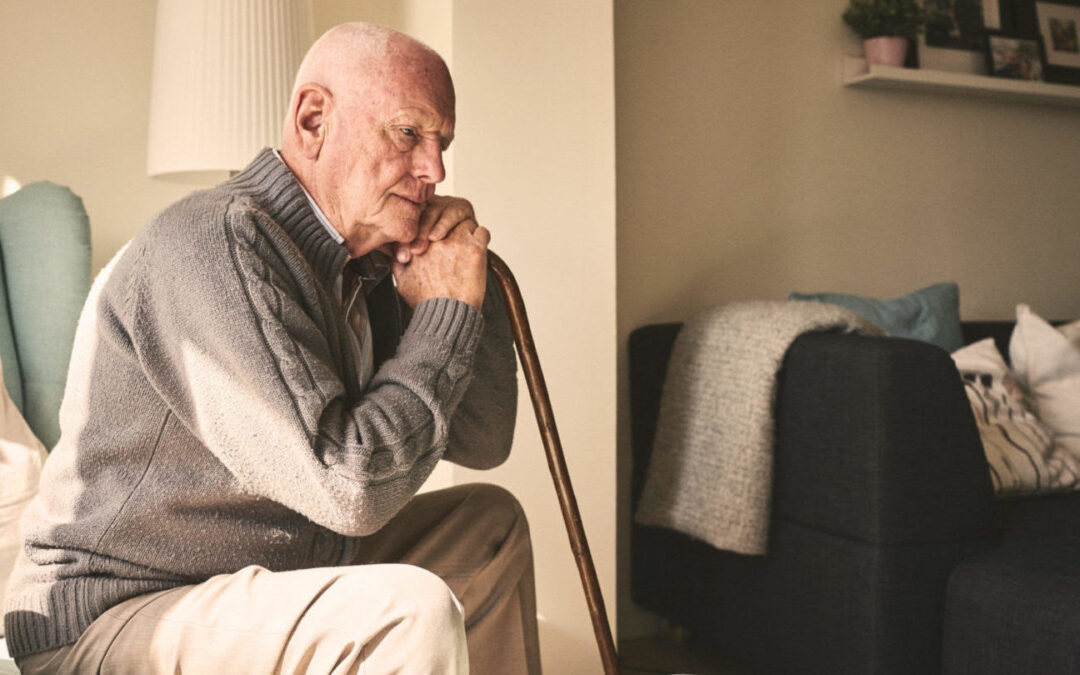Loneliness and frailty can be common among older people — and they can have a negative impact on their physical health, according to a review published on Feb. 29 in The Lancet Healthy Longevity.
The team from Amsterdam UMC and the University of Glasgow assessed 130 studies on frailty and social vulnerability. The scientists found loneliness led to a rise in physical frailty, which in turn increases the risk of adverse health outcomes such as falling down, experiencing depression and having cognitive decline.
Physical frailty was linked with social isolation, especially from wider networks outside of a person’s family. Being frail was also associated with less social participation and a lower perception of adequate social support.
The studies covered various associations in regards to frailty and loneliness. In 23 out of 24 studies on frailty and loneliness specifically, frailty was consistently linked to being more lonely. Frailty was linked to higher social vulnerability index values in all of the eight studies covering that association. Being frail was shown to inhibit social participation in nine of the 10 studies on that link. Also, 20 of the 23 studies showed that frailty was tied to greater degrees of social isolation. Some studies showed that physical frailty was linked to more social support, while others tied it to more social frailty, and other studies didn’t find a significant association.
“Frailty, across assessment type, was associated with increased loneliness and social isolation, perceived inadequacy of social support, and reduced social participation,” the authors wrote.
“While evidence suggests that frailty and social vulnerability have a bidirectional relationship, the body of evidence showing that social vulnerability is associated with worsening frailty is more developed,” the authors wrote.
The authors said they still aren’t sure if interventions to modify frailty have an impact on social vulnerability, and whether those social programs can affect frailty. Future research should also look at the extent to which social vulnerability may reduce a person’s capacity to undertake activities that could reduce frailty like exercising and eating well.
Studies need a long follow-up time to see if there are significant changes in the trajectory of frailty, as the link between frailty and social isolation went up over a follow-up time that exceeded 10 years (as was the case in two studies that followed people over a longer span of time).
THINKING OF BUYING OR SELLING?
Let the RCFE Resource team of professionals bring proven expertise to help you get the highest price for your Assisted Living or Health Care properties. We are pleased to offer a complimentary, no obligation valuation of your home and business. Please call today for your FREE consultation.
Michelle (949) 397-4506 | michelle@RCFEresource.com
Melvyn (949) 500-3630 | melvyn@RCFEresource.com



